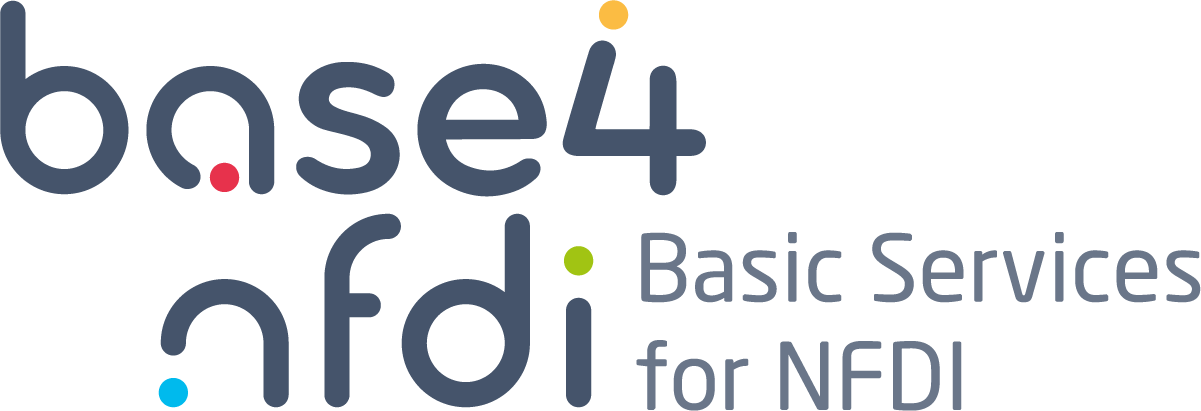People
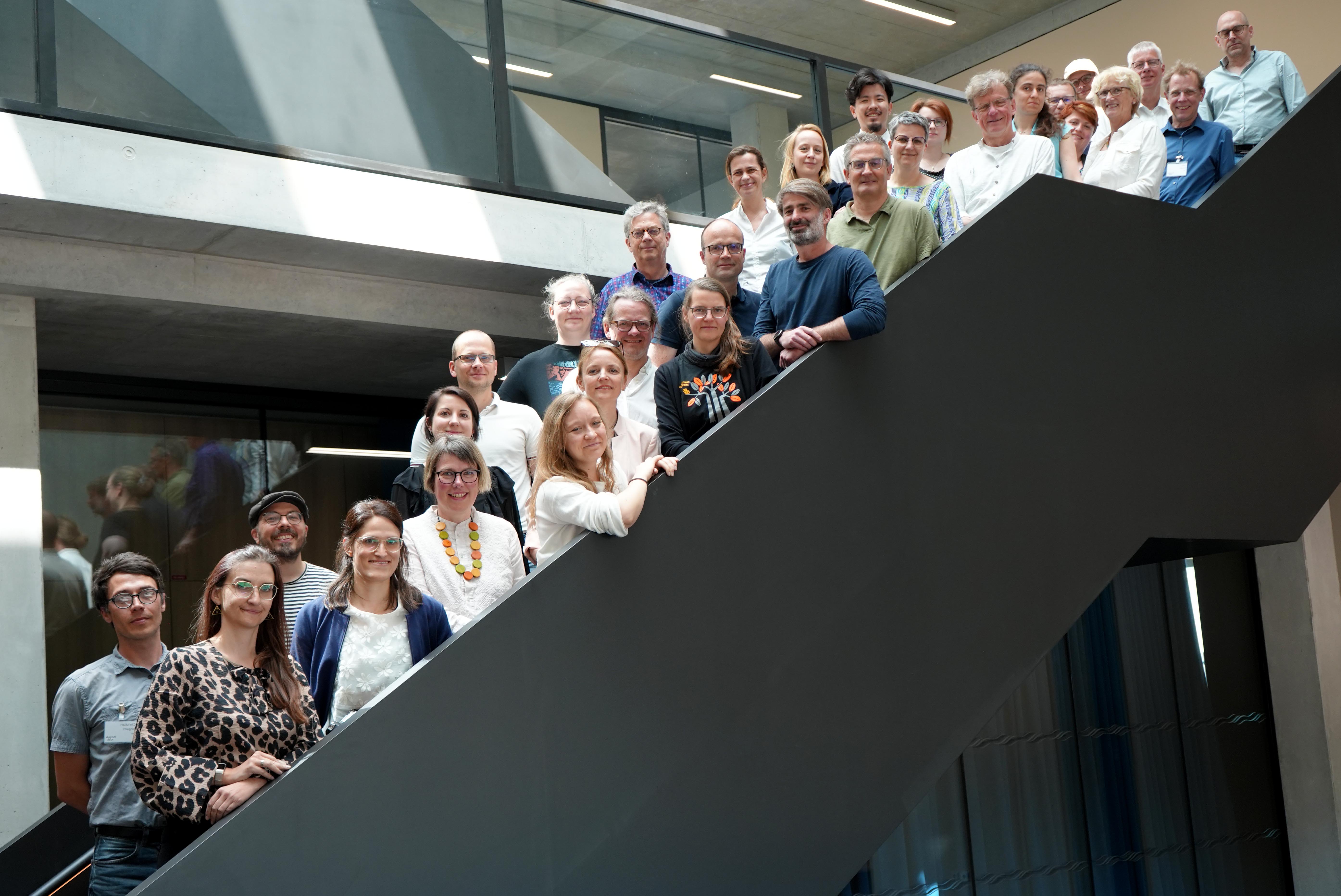
Base4NFDI Team 06/2024: Task Areas incl. Co-Spokespersons and staff and the Service Stewards. Image credit: Geomar.
How is Base4NFDI organised?
Base4NFDI consists of four Task Areas (TA1 - TA4) and seven Service Stewards (SER) . Each Task Area has three Co-Spokespersons, who together form the executive Management Committee (MC). Each Co-Spokesperson employs one staff position. TA4 employs one additional staff position and one executive manager (Najla Rettberg) and nominates the coordinator (Lars Bernard).
Service Stewards support the basic service development, whereas Section Liaison Officers (part of TA3) support NFDI Sections to prepare basic service proposals.
The Technical Expert Committee (TEC) evaluates basic service proposals. The International Advisory Board (IAB) advises Base4NFDI on strategy.
Click on the icons to learn more!
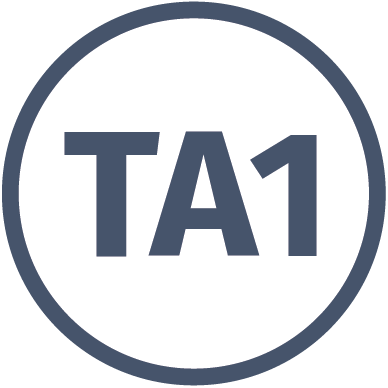
Service Requirements, Design, and Development
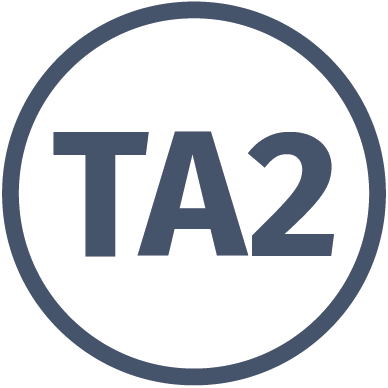
Portfolio Management, Integration, and Quality Assurance
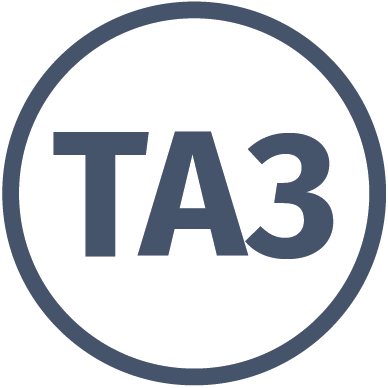
Adjusting Processes, Monitoring Progress, and Section Liaison
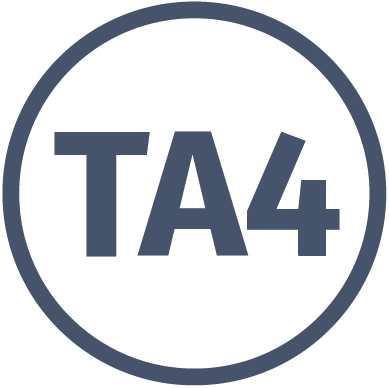
Coordination Office, Outreach, Training, Support, and Evaluation

Service Integration, Development, and Rollout Support
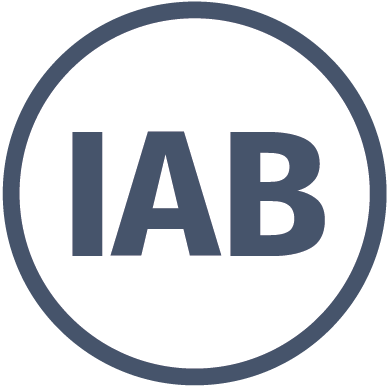
External and Strategic Advice on Status and Development

Basic Service Proposal Evaluation
